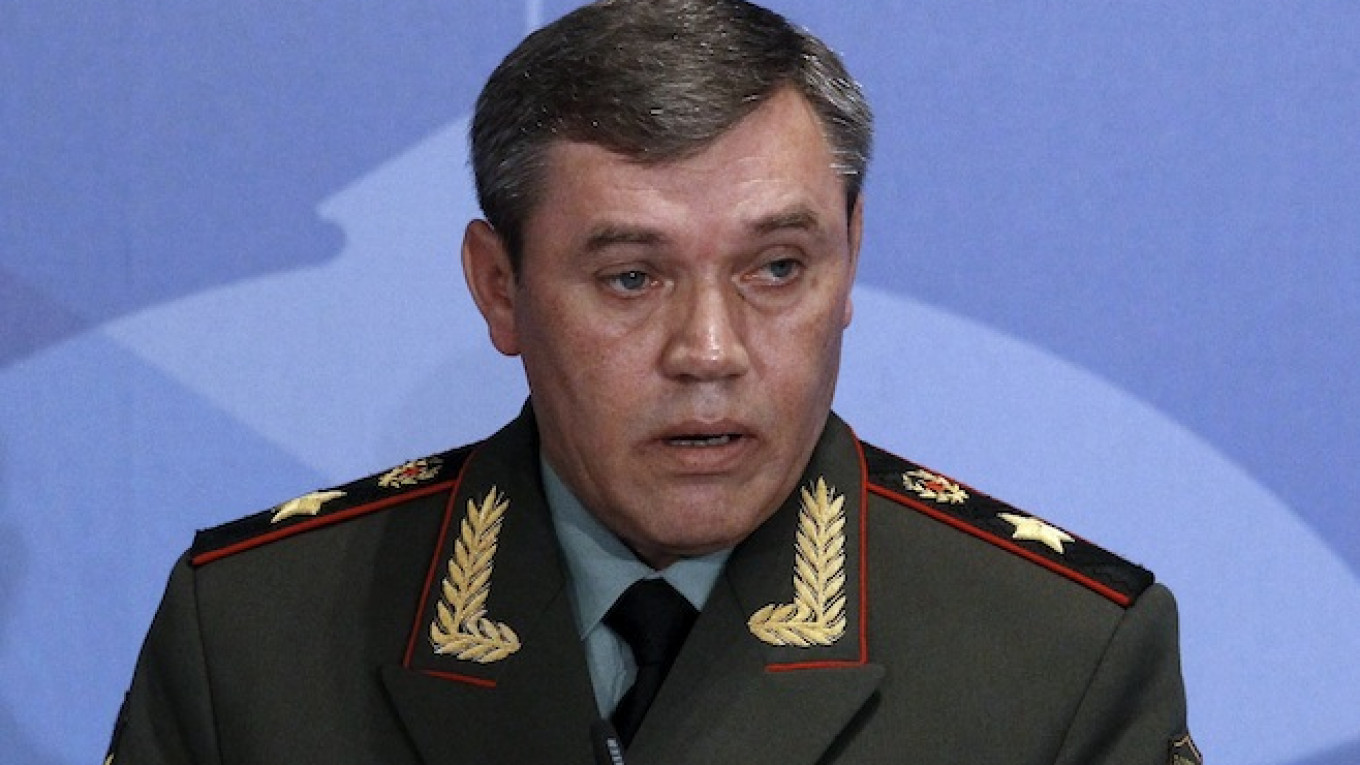The European Union has imposed asset freezes and travel bans on 15 Russians and Ukrainians over Moscow's action in Ukraine, including Russian Deputy Prime Minister Dmitry Kozak, but has steered clear of any sanctions on business leaders.
The latest list, released Tuesday, also included Lyudmila Shvetsova, a deputy chairman of the State Duma, Valery Gerasimov, chief of staff of Russia's armed forces, and separatist leaders in Ukraine.
It did not include the heads of Russian energy giants such as Rosneft's Igor Sechin, who had been included on a new U.S. sanctions list on Monday.
The Russian Foreign Ministry reacted negatively to the latest EU sanctions list, saying the union was following Washington's lead and should be ashamed of itself.
"Instead of forcing the Kiev clique to sit at the table with southeastern Ukraine to negotiate the future structure of the country, our partners are doing Washington's bidding with new unfriendly gestures aimed at Russia," the ministry said.
The EU has now imposed sanctions on 48 people for actions it says have undermined Ukraine's territorial integrity.
Russia annexed the Crimea region after Ukraine's pro-Moscow president was ousted in February by protesters demanding closer links with Europe. Kiev and the West accuse Russia of stirring up a separatist campaign in the east, a charge Moscow denies.
The EU decision coincided with an earlier White House announcement that the U.S. was imposing sanctions on seven Russians and 17 companies linked to Russian President Vladimir Putin.
The U.S. has been much more aggressive in the penalties it has imposed on Russia than the EU, which depends heavily on Russia for energy and has close trading links.
The EU has so far only put sanctions on individuals, not companies. The European Commission is drawing up a list of tougher economic sanctions, possibly affecting trade or the energy or finance sectors, that could be imposed on Russia.
A Message from The Moscow Times:
Dear readers,
We are facing unprecedented challenges. Russia's Prosecutor General's Office has designated The Moscow Times as an "undesirable" organization, criminalizing our work and putting our staff at risk of prosecution. This follows our earlier unjust labeling as a "foreign agent."
These actions are direct attempts to silence independent journalism in Russia. The authorities claim our work "discredits the decisions of the Russian leadership." We see things differently: we strive to provide accurate, unbiased reporting on Russia.
We, the journalists of The Moscow Times, refuse to be silenced. But to continue our work, we need your help.
Your support, no matter how small, makes a world of difference. If you can, please support us monthly starting from just $2. It's quick to set up, and every contribution makes a significant impact.
By supporting The Moscow Times, you're defending open, independent journalism in the face of repression. Thank you for standing with us.
Remind me later.






